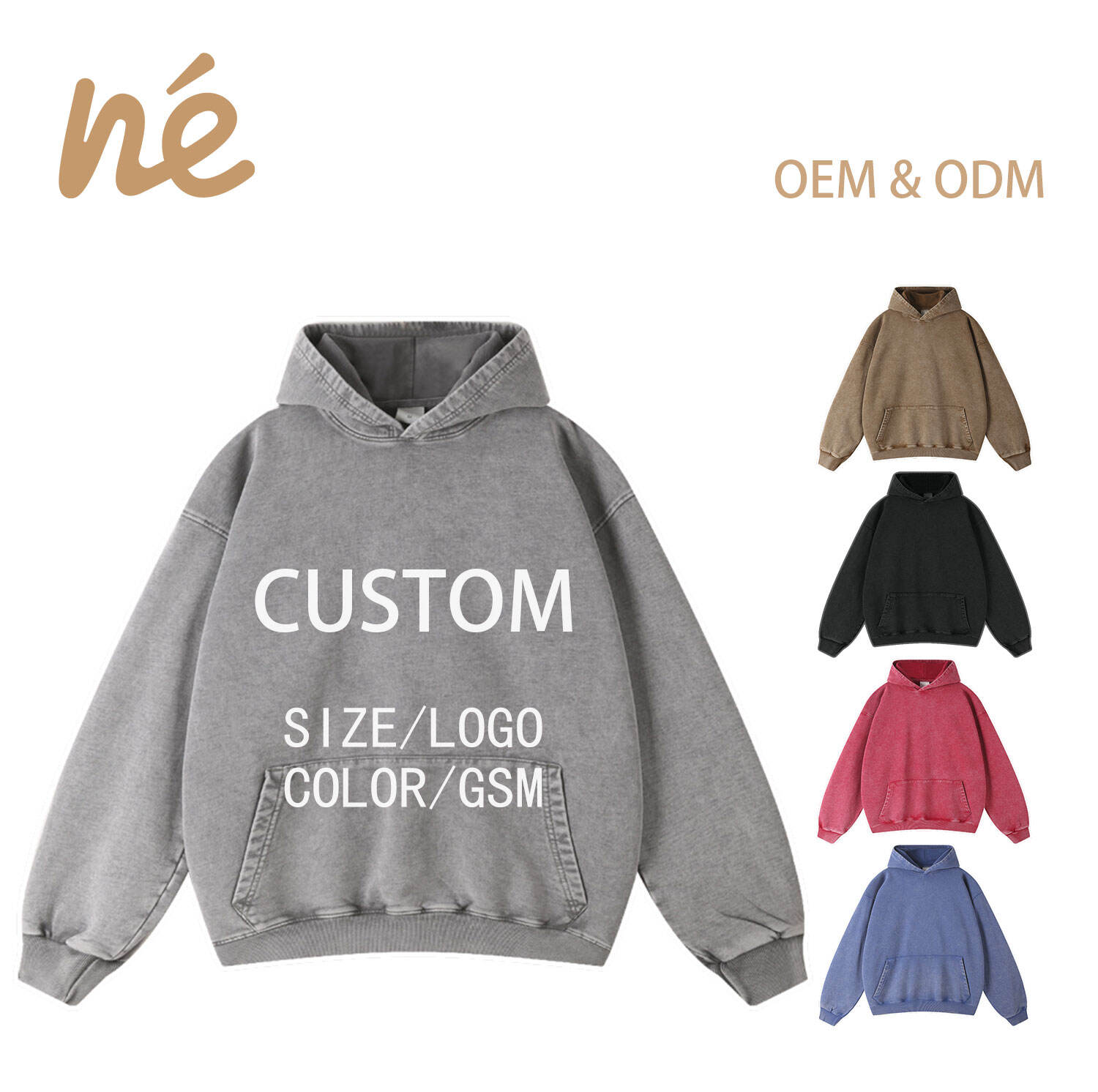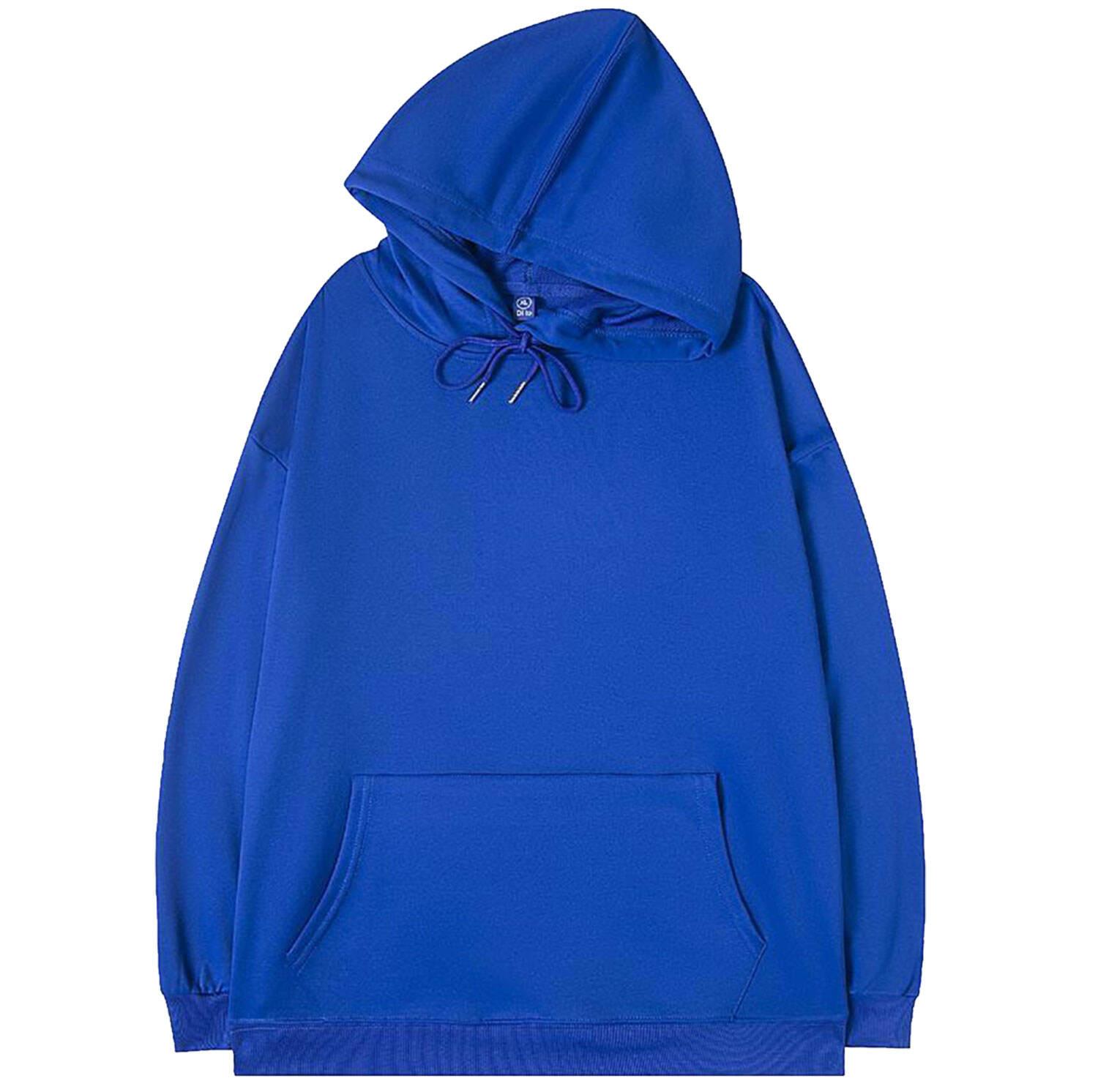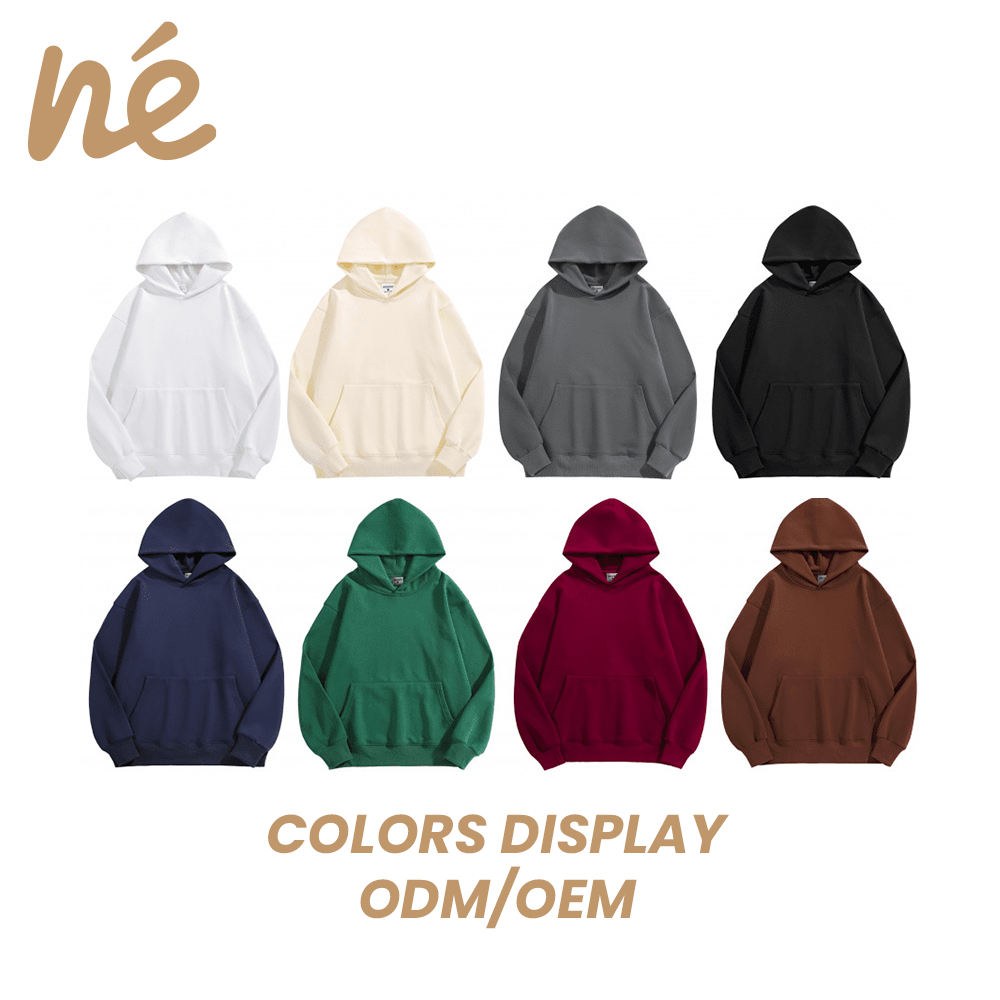ladies garments manufacturers
Ladies garments manufacturers represent a vital segment of the fashion industry, specializing in the design, production, and distribution of women's clothing. These manufacturers employ state-of-the-art technology and advanced production methods to create high-quality garments that meet diverse consumer demands. They utilize sophisticated computer-aided design (CAD) systems for pattern making, automated cutting machines for precise fabric handling, and modern sewing equipment for efficient production. These facilities typically incorporate quality control measures throughout the manufacturing process, from fabric selection to final product inspection. Many manufacturers now implement sustainable practices, using eco-friendly materials and reducing waste in production. They offer various services including custom design development, bulk production, pattern making, sampling, and private labeling. Modern manufacturers also integrate digital inventory management systems and supply chain solutions to ensure timely delivery and stock optimization. Their production capabilities often span across different clothing categories, from casual wear to formal attire, incorporating various fabric types and styling options. These facilities maintain compliance with international quality standards and labor regulations, ensuring ethical production practices.











